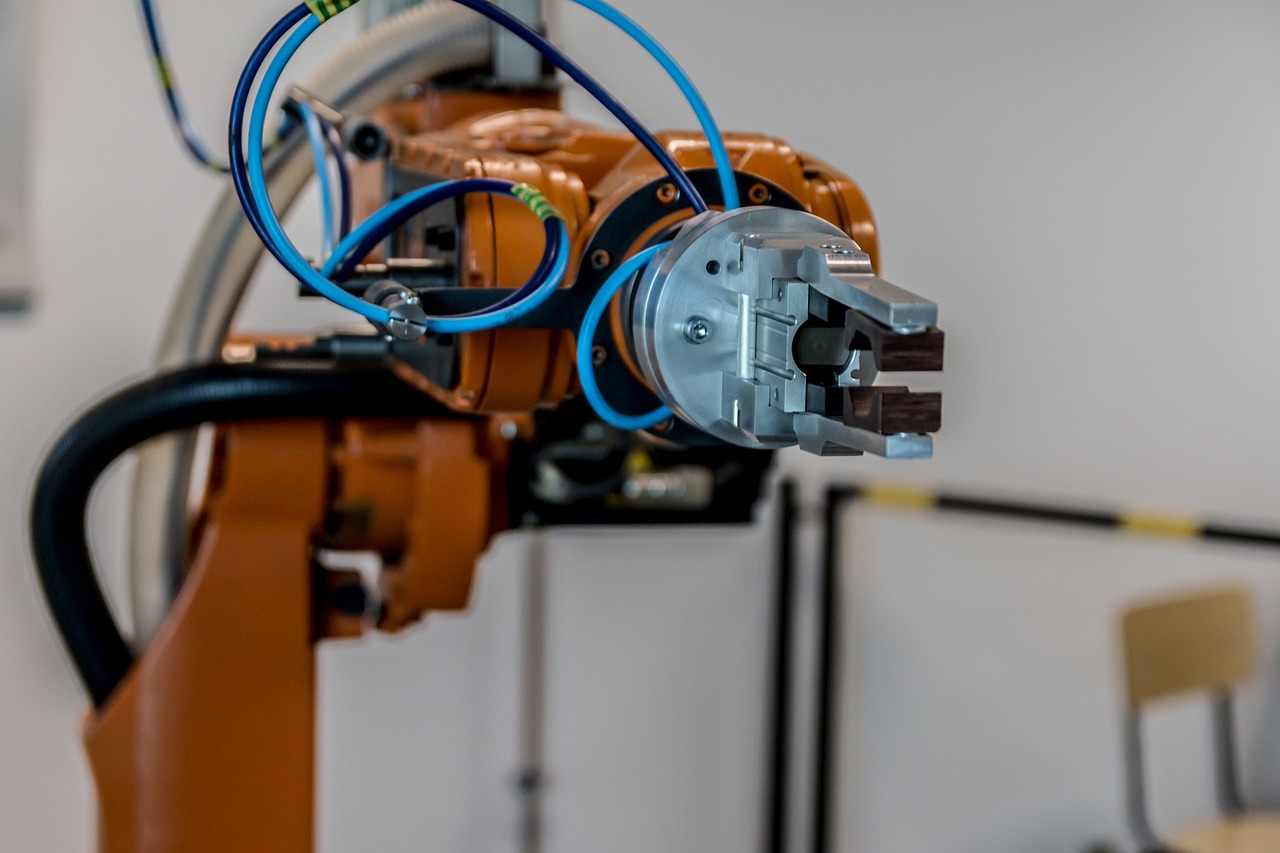 AI
AI
 AI
AI
 AI
AI
Genesis AI, a global physical artificial intelligence research lab that develops AI models for smart robotics, launched today and announced it has raised $105 million in funding.
The investment round was co-led by Eclipse and Khosla Ventures, with participation from Bpifrance, HSG, former Google LLC Chief Executive Eric Schmidt and French telecommunications mogul Xavier Niel.
“General-purpose robots powered by physical AI will define the next major chapter of human history,” said Genesis CEO Zhou Xian. “While digital AI has made extraordinary progress, physical AI — the intelligence that allows machines to perceive, understand and interact with the real world — has lagged behind.”
Physical AI refers to artificial intelligence systems that directly interact with and adapt to the physical world, such as those that drive and enable robot systems. Genesis AI said that it brings a data-centric, full-stack approach to physical AI by building a scalable universal data engine for physics simulation and using large-scale robotics data collection.
To reach the scale of human dexterity and capability, robots require vast amounts of training data and sensitivity. Today’s robots are specialists; most industrial robots only exist to perform a single task or a series of simplified motions, often governed by a software stack that cannot adapt to rapidly changing conditions.
Robots driven by physical AI robotics foundation models, or RFMs, can work around people, adapt and overcome complex spaces and work alongside people and even understand situations they were not originally introduced to. Genesis said it wants to deliver a platform that can bring human-level intelligence to robotics for different robots with an RFM that can be deployed no matter the type of robot.
“Even in the most ‘automated’ industries today, the robot-to-human ratio rarely exceeds 1:30, due to the long tail of tasks requiring dexterity, cognition, mobility, and real-world reasoning that current robots simply can’t handle,” said Eclipse Partner Charly Mwangi. “General-purpose robotics is the breakthrough we’ve been waiting for and stands to impact trillions in labor value across sectors.”
Industries with the highest demand for robotics, such as automotive, have only added about 13,000 robots per year. Among those globally, around a mere 2,000 AI-powered robots are in current use, according to a report from Sci-Tech Today.
To approach the matter, the company forged an expert team of industry technical talent and academia from Mistral AI SAS, Nvidia Corp., Google LLC, Carnegie Mellon University, Massachusetts Institute of Technology, Stanford University, Columbia University and the University of Maryland. Genesis said its core engineering team has deep expertise in simulation, graphics, robots and large-scale AI model training and deployment.
Genesis believes there’s a clear opportunity for general-purpose robotics across factory floors, warehouses, healthcare and agriculture. All these scenarios require precise tool use and close proximity with human counterparts, which cannot be easily programmed with the current software stacks employed by modern solutions.
The ability of AI-powered robots to learn, adapt and make intelligent decisions in real time, experts say, will be crucial to addressing challenges in these industries.
Support our mission to keep content open and free by engaging with theCUBE community. Join theCUBE’s Alumni Trust Network, where technology leaders connect, share intelligence and create opportunities.
Founded by tech visionaries John Furrier and Dave Vellante, SiliconANGLE Media has built a dynamic ecosystem of industry-leading digital media brands that reach 15+ million elite tech professionals. Our new proprietary theCUBE AI Video Cloud is breaking ground in audience interaction, leveraging theCUBEai.com neural network to help technology companies make data-driven decisions and stay at the forefront of industry conversations.